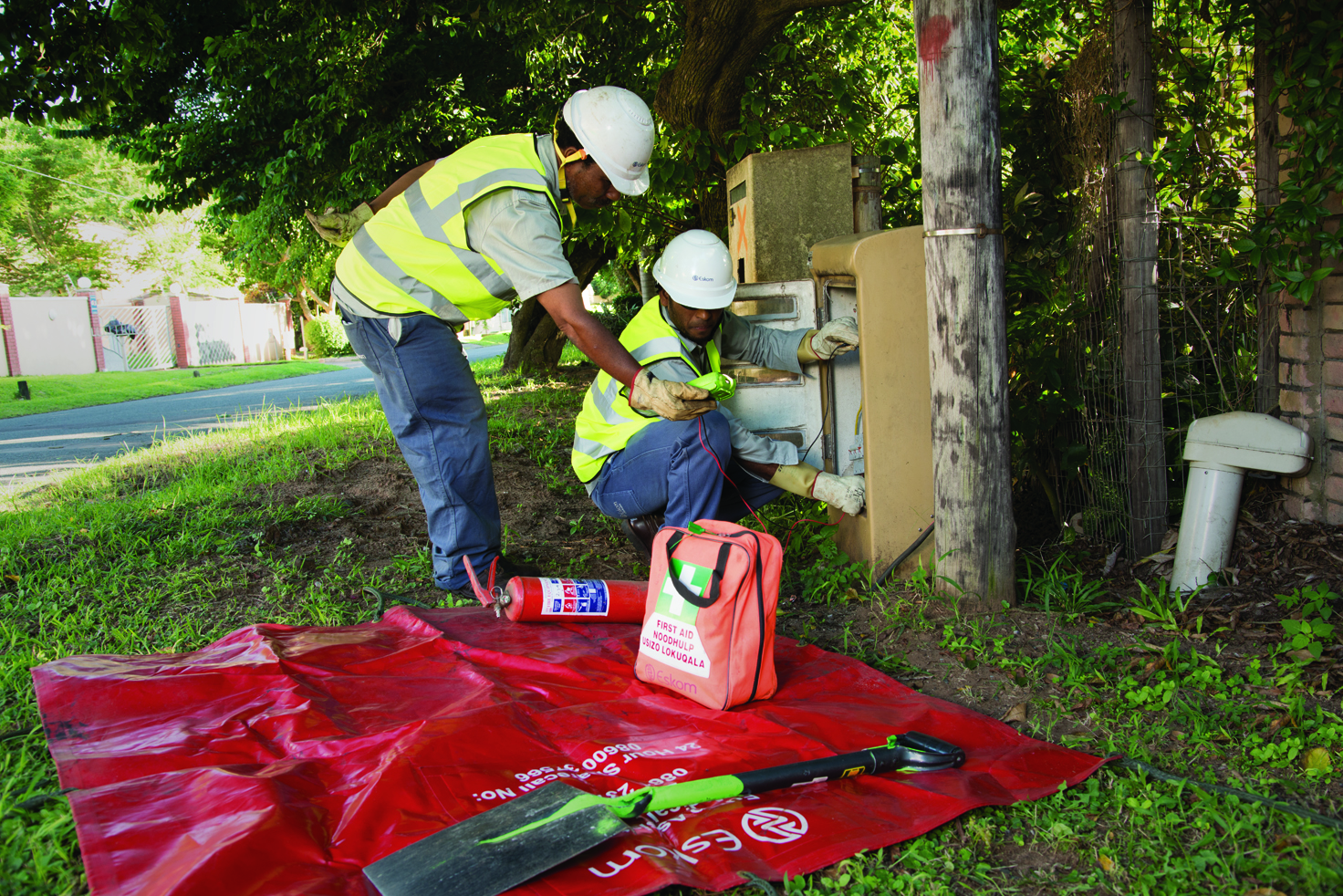Wednesday, 04 August 2021: At the launch of its Women’s Month events under the banner of the Eskom Women Advancement Programme (EWAP), Eskom today reiterated its commitment to achieving gender equality, and to closing the gender-based income differentials in the workplace. The Eskom Women Advancement Framework has nine objectives and the fifth one concerns correcting income differentials, particularly for female employees.
Whilst Eskom has already implemented the first phase of correcting income differentials in which phase the incomes of more than 7 000 female employees were upwardly adjusted, more still had to be done to completely eradicate these differentials, said Elsie Pule, Eskom Group Executive for Human Resources, at the launch of the month-long EWAP activities. Eskom endeavours to pursue equity as aggressively as resources permit, to bring women employees to the same pay-scale as their male counterparts as part of its reform agenda and to correct some of the historical injustices.
During the most recent wage agreement in 2018, Eskom agreed to implement measures to close the income differentials arising from race and gender. These income differentials resulted in some historically disadvantaged employees being paid far less than their male counterparts. “The agreement allows for addressing the income differentials in the second phase as soon as the budget and financial resources allow it,” said Pule.
Eskom will celebrate the 2021 Women’s Month with a host of virtual events which have already begun today and will culminate in the Eskom Women of the Year Awards on 31 August 2021. These events not only acknowledge the champions of women empowerment, but also give Eskom an opportunity to celebrate its recent strides and reaffirm its commitment to achieving gender equity in the workplace.
“Today we pay tribute to not only the thousands of women who took a stand in 1956, but also honour the pioneers of the women’s movement in this country, dating back to 1913. We pay homage and salute their courage and strength. Not forgetting all the agents of change across all ages, gender and race groups who continue to tackle the unfinished business of empowering women,” said Elsie Pule.
Pule said in her message that the theme of this year’s Women’s Month commemoration – “Generation Equality: Realising Women’s Rights for an Equal Future” – is a global campaign initiated by the United Nations Women which links South Africa to global efforts to achieve gender equality by 2030.
The EWAP was launched in 2013 and takes a holistic approach to “breaking the mould” that stems from perceptions of and about women, which perpetuate the under-representation of women in leadership and technical roles. It is aimed at addressing the obstacles that hinder women from advancing into critical leadership and technical positions in the business. The objective of the programme is to achieve representivity of men and women in the Eskom workplace by actively pursuing women’s interests in the following focus areas, namely women in leadership, women in nuclear, women in technical roles, creating an environment conducive to advancing women, as well as establishing and maintaining partnerships which support the EWAP goals to develop women into global leaders.
Offering a message of support, Masechaba Tekana, the National Coordinator for United Nations Women South Africa Multi-Country Office (SAMCO) of the Generation Equality Forum (GEF), reaffirmed UN Women’s commitment to the global efforts for accelerating the realisation of gender equality and the empowerment of all women and girls. Tekana called on all stakeholders to help South Africa to achieve its gender equality commitment in terms of the government’s pledge and in accordance with the African Union’s Agenda 2063.
Delivering the keynote address on leading in uncertain times and uncharted territories, Eskom Board member Busisiwe Mavuso, stressed that the COVID-19 pandemic was an enormous test of leadership, requiring urgent and decisive action.
“Our feminine skills of inclusion, emotional intelligence, deep listening, empathy and intuition, have been what was and is required to successfully deal with the COVID-19 crisis. What have been often regarded as “soft skills” have emerged as the new hard skills, especially in a crisis,” said Mavuso. She concluded with three key messages: urging women never to apologise for being women, never to be proud of being the “only one” who succeeds, and to break the mould of self-doubt.
ENDS
